In a recent dialogue hosted by the Center for Policy Dialogue (CPD), fellow Dr. Debapriya Bhattacharya and the Citizen`s Platform highlighted three key risks in the upcoming budget, reflecting concerns voiced by the public.
Held on Sunday (April 5) at a hotel in Gulshan, Dhaka, the dialogue titled "New Government, National Budget, and People`s Expectations," organized by CPD and implemented by SDG implementation, brought forth insights on these critical matters.
Supported by the European Union (EU), the ongoing public engagement in governmental economic management programs was emphasized. Dr. Debapriya Bhattacharya, representing CPD and the Citizen`s Platform, presented the main findings during the event.
"Firstly, employment, secondly, education that is people-centric, and finally, social security," Dr. Bhattacharya stated. "Number 4 is reducing the plight of those left behind to foster inclusive social systems. The budget should be sensitive to the marginalized, giving them due importance. Environment and climate must also be prioritized. Budgets should not just be about figures but about their effective implementation. What matters is that those who need two cents should get it."
Economist Debapriya Bhattacharya further elaborated, "The political and socio-economic situation is highly complex. The geopolitical situation is also intricate. We have expressed social and economic opinions regarding the budget. There`s a triangle of problems in the economy. Among them, the major issue is high inflation. Inflation is rising excessively in the economy. This is true for both rural and urban areas, and for food and non-food items. Therefore, the first problem is uncontrolled inflation, which directly affects people`s livelihoods."
Regarding the second issue, he added, "The situation of loans. The government takes twice as much in loans from domestic sources as from foreign sources. This situation indicates a different kind of debt scenario. Thirdly, there has been a slowdown in recent times from the previous growth trajectory. With that, investment is contracting. Investment-worthy assets have decreased, while there is no influx of personal or foreign investment."
Dr. Bhattacharya further remarked, "Inflation in the country is still around 10.1, which is reducing purchasing power. The brunt of backwardness is directly affecting education, health, and public health. Due to these, child marriage is increasing. Despite the decrease in inflation globally, Bangladesh is not reaping the benefits."
Speaking on GDP, he stated, "37% of GDP is government debt, and 5% is debt on a per capita basis. Together, it`s 42% debt. As a result, there is pressure on the exchange rate. Currency devaluation is occurring. For so long, we have been saying that Bangladesh has not defaulted on foreign loans, but in this situation, the government cannot afford to pay back the loan. The amount is at least 5%. And the GDP rate is 4%, but the target rate is above 7%. To achieve that, the GDP rate has to be 10% higher. That`s impossible because investible assets have decreased, and there is no personal or foreign investment coming in."
Among others present were opposition party leader and former minister Anisul Islam Mahmud, Chairman of the Parliamentary Standing Committee on Planning, former Minister MA Mannan, and MP AK Azad, along with many others, including Mustafizur Rahman, a fellow at CPD, and Mostafizur Rahman, a CPD fellow.


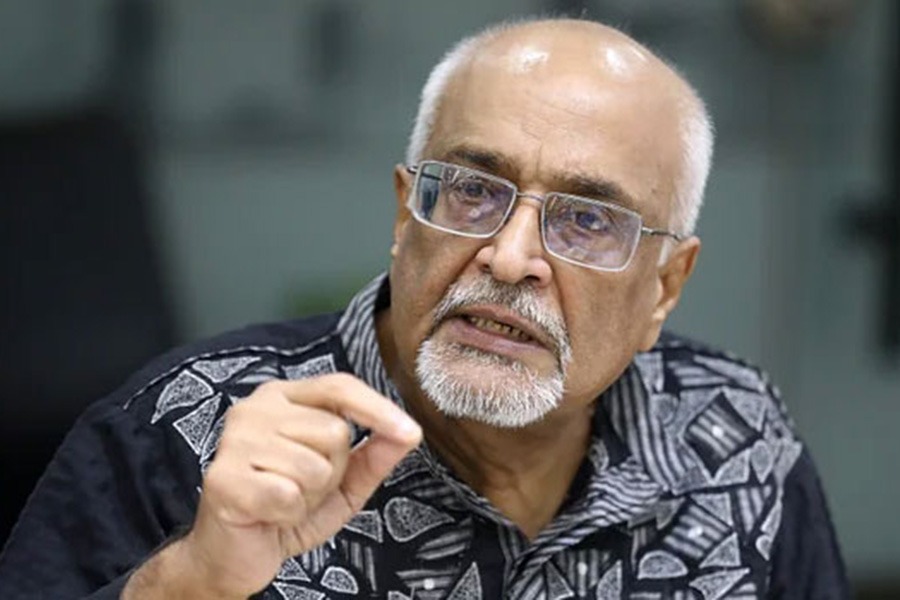

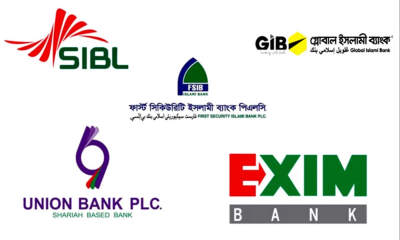

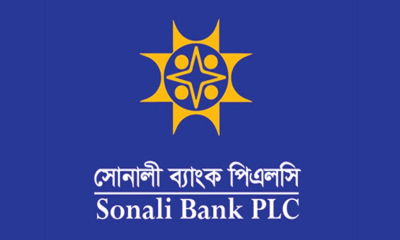



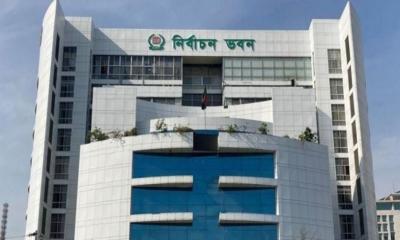
-20260116125916.jpeg)
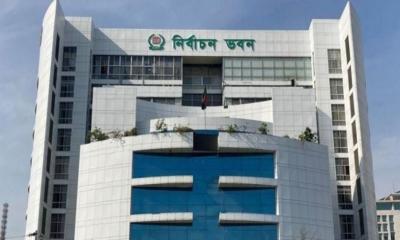
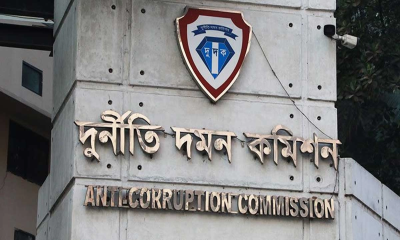
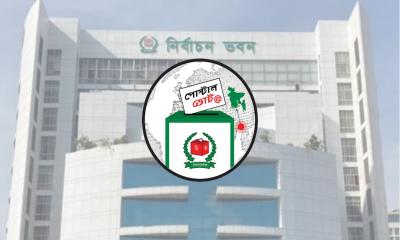
-20260116064009.webp)

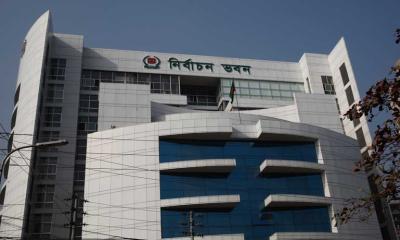



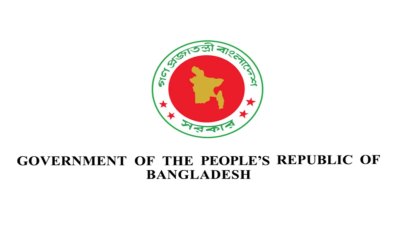
-20260115111729.webp)


-20260112173104.webp)
-20260110074438.jpeg)

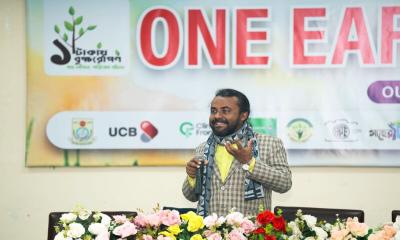




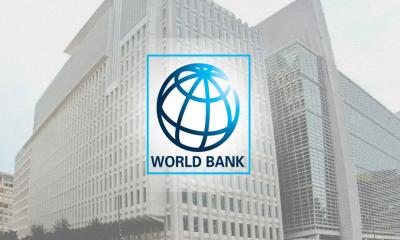


-20260111213906.webp)

